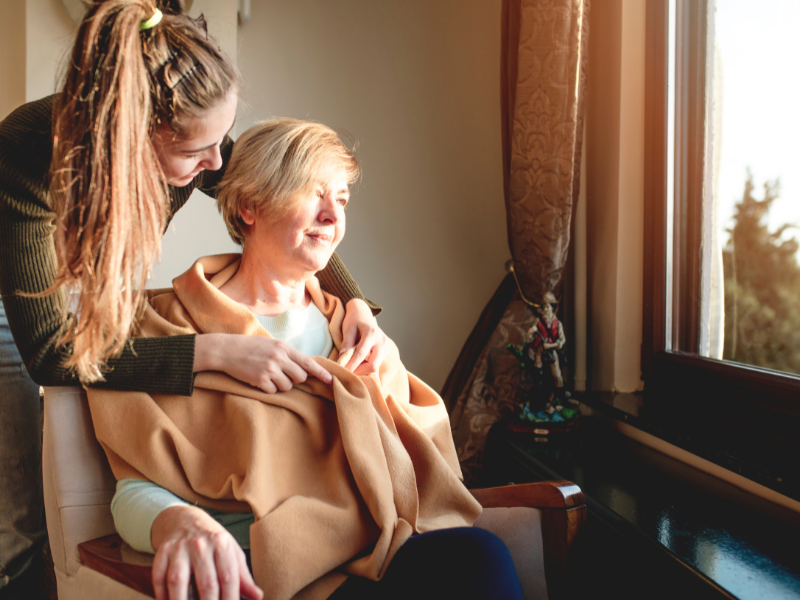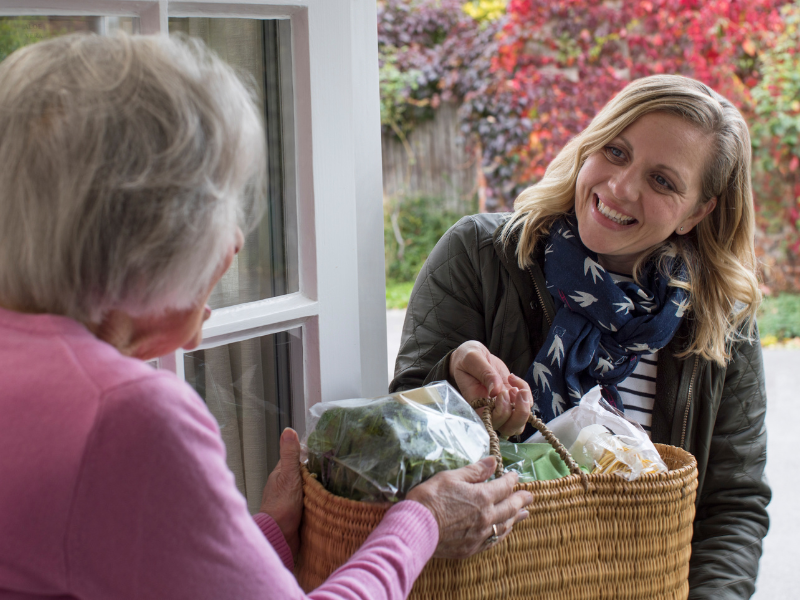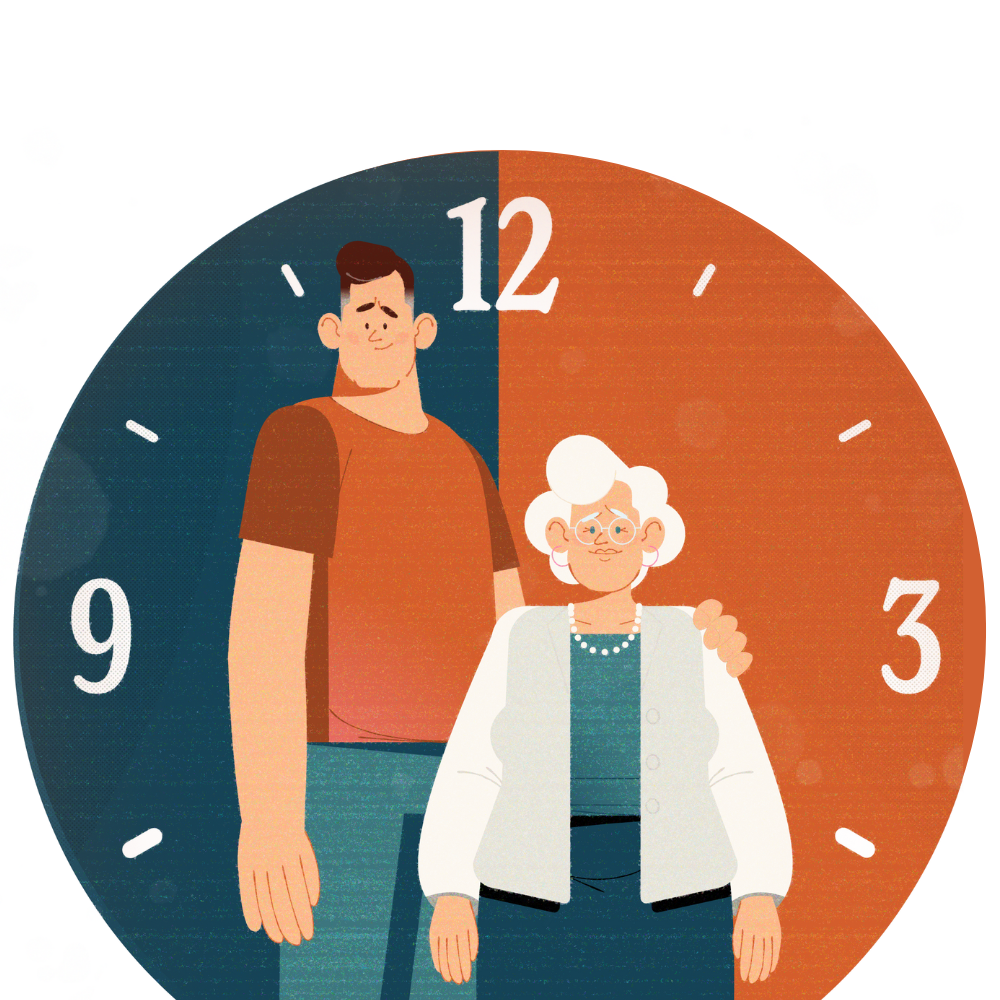Essentiel, but misunderstood
The members of your circle (parents, children, friends, neighbours ...) are precious allies. They can support you in your role in many ways, by providing you with moral support, freeing you up from certain tasks or stepping up on occasion to help the care receiver. They are thus considered secondary caregivers.
For them just like for you, supporting a loved one is assumed. Involvement is not measured and is part of what family and friends simply do. As a result, you may all find yourselves in a caregiving situation without really being prepared.
Combining trust and peace of mind
The feeling of guilt often punctuates the caregiver’s path. You have undoubtedly already felt this, even entrusting your loved one to the professionals. A secondary caregiver is someone you know and with whom you have a natural and reciprocal relationship of trust, just like your loved one. This person can therefore be a valuable alternative to allow you to take a break with greater peace of mind and reduce the mental load you might place on yourself.
The perspective of time to yourself, despite obligations
The relationship between the primary caregiver and the care receiver is both special and sometimes difficult given the closeness. The involvement of a secondary caregiver gives you a break, a respite in your daily role. This step back can prove beneficial, leaving you time to manage your emotions, recharge your batteries and move toward accepting this not-so-easy situation.
However, the members of caregivers’ circles do not always realize the importance of the support that they can provide and the difference that this can make in the caregiver’s daily life.
Do not hesitate to express your needs to your loved ones, family and friends and to enlist their support. Perhaps you will discover some secondary caregivers.













